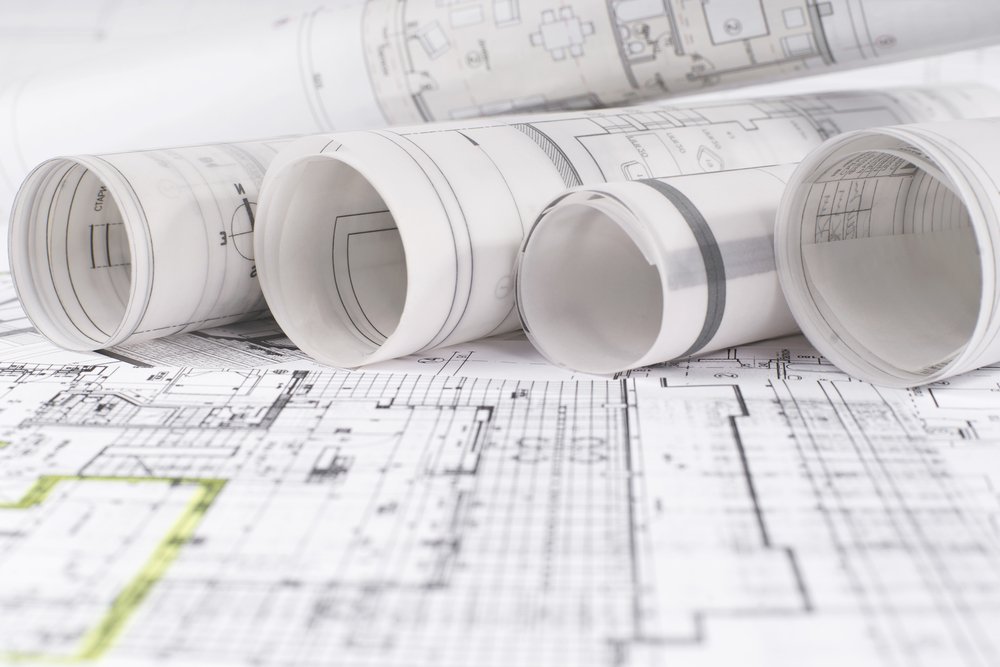In the complex and dynamic world of architecture, firms face numerous challenges, including compliance with regulations, managing contracts, and addressing disputes that may arise during the construction process. As architects focus on the creative aspects of their projects, construction attorneys serve as essential partners, providing legal guidance and support throughout various stages of a project. This blog explores the vital role of construction attorneys in supporting architect firms and how their expertise can help navigate the intricacies of the construction industry.
Understanding the Role of Construction Attorneys
Construction attorneys specialize in laws related to the construction industry, including contracts, liability, regulatory compliance, and dispute resolution. Their role is multifaceted, encompassing various responsibilities that directly benefit architect firms:
- Contract Drafting and Review: One of the primary functions of construction attorneys is to assist architect firms in drafting and reviewing contracts. This includes agreements with clients, contractors, and subcontractors. Attorneys ensure that contracts clearly outline the scope of work, responsibilities, payment terms, and conditions for resolving disputes. Well-drafted contracts help minimize risks and protect the architect’s interests.
- Risk Management: Construction attorneys play a crucial role in identifying potential risks associated with projects. They provide guidance on how to mitigate these risks through contract provisions, compliance with local laws and regulations, and adherence to industry standards. By proactively managing risk, attorneys help architects avoid legal pitfalls that could result in costly disputes.
- Regulatory Compliance: Navigating the myriad of local, state, and federal regulations can be daunting for architect firms. Construction attorneys are well-versed in relevant laws, including zoning regulations, building codes, and environmental standards. They help architects ensure compliance throughout the project lifecycle, minimizing the risk of fines or legal challenges.
- Dispute Resolution: Disputes can arise at any stage of a construction project, whether due to design changes, delays, or alleged defects. Construction attorneys assist architect firms in resolving these disputes through various methods, including negotiation, mediation, and arbitration. Their experience in alternative dispute resolution (ADR) can lead to quicker, more cost-effective resolutions than traditional litigation.
- Litigation Support: If a dispute escalates to litigation, construction attorneys provide representation for architect firms. They prepare legal documents, conduct discovery, and advocate on behalf of their clients in court. Having an experienced attorney can make a significant difference in the outcome of a case.
- Intellectual Property Protection: Architect firms invest considerable time and resources into developing innovative designs and concepts. Construction attorneys can assist in protecting intellectual property rights, such as copyrights and trademarks, ensuring that architects retain control over their creative works and are safeguarded against infringement.
- Contractor and Subcontractor Relations: Effective communication and collaboration between architects and contractors are essential for project success. Construction attorneys facilitate clear communication by helping establish expectations in contracts and resolving any issues that arise during the construction process. This support can help maintain positive relationships among all parties involved.
- Insurance Guidance: Construction attorneys provide advice on the various insurance requirements applicable to construction projects, such as general liability, professional liability, and workers’ compensation insurance. They help architects understand their coverage options and ensure that they have adequate protection against potential claims.
- Project Management Support: Throughout the course of a project, construction attorneys can offer legal advice on project management practices, ensuring compliance with applicable laws and regulations. This support can include reviewing changes to project scope, evaluating potential delays, and advising on claims made by contractors or clients.
- Training and Education: Construction attorneys can also conduct training sessions for architect firms on relevant legal topics, helping to educate team members about their rights and obligations. This knowledge equips architects with the tools to make informed decisions and proactively address potential legal issues.
How We Can Help
At Stryker Slev Law Group, we understand the unique challenges that architect firms face in the construction industry. Our experienced attorneys specialize in construction defect and commercial real estate law, providing comprehensive legal support tailored to the needs of architects in San Diego, Los Angeles, and Southern California.
Whether you need assistance with contract drafting, risk management strategies, dispute resolution, or litigation representation, we are here to help. Our firm’s extensive knowledge of construction law positions us as a trusted partner for your legal needs.
If you’re an architect seeking to enhance your understanding of the legal landscape and protect your interests in every project, contact Stryker Slev Law Group today. Together, we can build a solid foundation for your success in the architectural field.



